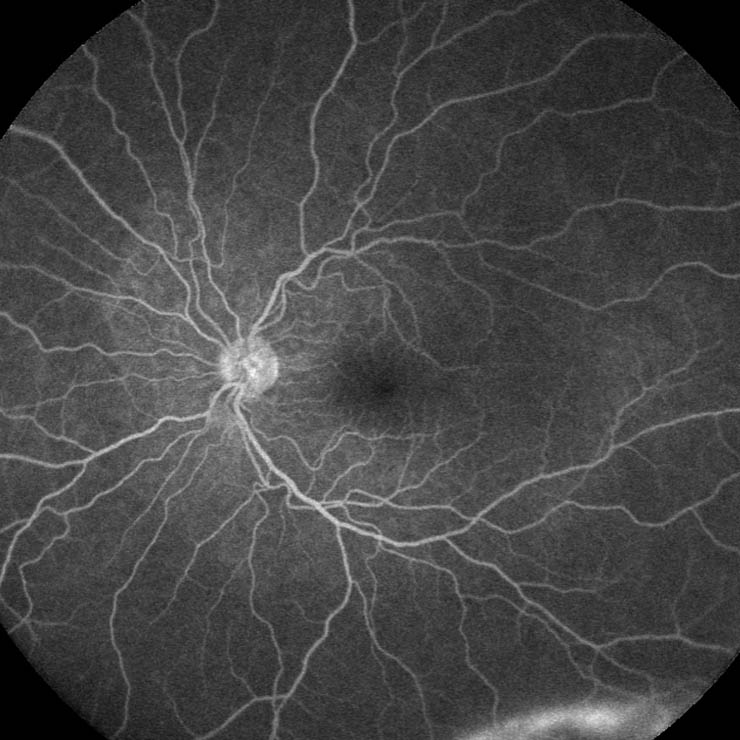Use of fluocinolone acetonide intravitreal implant to manage chronic panuveitis for long-term inflammatory control without interfering with systemic immunity
Main Article Content
Abstract
We report two cases describing patients with chronic panuveitis treated with fluocinolone acetonide intravitreal implant 0.18 mg for long-term control of ocular inflammation while avoiding interference with systemic immunity.The first case is of a male in his 50’s referred for ocular complaints in the setting of ongoing exposure to immunotherapy for the treatment of metastatic melanoma. The patient was diagnosed with bilateral drug-induced panuveitis. Treatment objectives were outlined as reduction of inflammation, prevention of uveitis recurrence, and maintenance of systemic immunomodulatory therapy to maintain malignancy remission; and the patient was treated with a sustained-delivery FAi corticosteroid device bilaterally. In the second case discussed, a woman in her 70’s presented with a 2-month history of worsening floaters and blurry vision. She was phakic with bilateral nuclear sclerotic cataracts, 1+ vitreous cells and 2+ haze, diffuse vasculitis, and central leakage around the optic nerve and posterior pole. The patient was diagnosed with bilateral idiopathic panuveitis with retinal vasculitis. Local therapy with an FAi was elected. Intravitreal fluocinolone acetonide implant for the treatment of noninfectious uveitis affecting the posterior segment is logical in patients who need or choose to avoid the potential immunocompromise associated with systemic corticosteroids or other immunosuppressive therapy.
Downloads
Article Details

This work is licensed under a Creative Commons Attribution-NonCommercial-NoDerivatives 4.0 International License.




